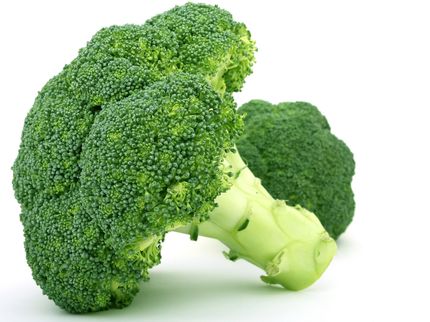Fighting prostate cancer with a tomato-rich diet
Advertisement
Men who eat over 10 portions a week of tomatoes have an 18 per cent lower risk of developing prostate cancer, new research suggests.
With 35,000 new cases every year in the UK, and around 10,000 deaths, prostate cancer is the second most common cancer in men worldwide.
Rates are higher in developed countries, which some experts believe is linked to a Westernised diet and lifestyle.
To assess if following dietary and lifestyle recommendations reduces risk of prostate cancer, researchers at the Universities of Bristol, Cambridge and Oxford looked at the diets and lifestyle of 1,806 men aged between 50 and 69 with prostate cancer and compared with 12,005 cancer-free men.
The NIHR-funded study, published in the medical journal Cancer Epidemiology, Biomarkers and Prevention, is the first study of its kind to develop a prostate cancer 'dietary index' which consists of dietary components – selenium, calcium and foods rich in lycopene – that have been linked to prostate cancer.
Men who had optimal intake of these three dietary components had a lower risk of prostate cancer.
Tomatoes and its products – such as tomato juice and baked beans - were shown to be most beneficial, with an 18 per cent reduction in risk found in men eating over 10 portions a week.
This is thought to be due to lycopene, an antioxidant which fights off toxins that can cause DNA and cell damage. Vanessa Er, from the School of Social and Community Medicine at the University of Bristol and Bristol Nutrition BRU, led the research.
She said: "Our findings suggest that tomatoes may be important in prostate cancer prevention. However, further studies need to be conducted to confirm our findings, especially through human trials. Men should still eat a wide variety of fruits and vegetables, maintain a healthy weight and stay active."
The researchers also looked at the recommendations on physical activity, diet and body weight for cancer prevention published by the World Cancer Research Fund (WCRF) and the American Institute for Cancer Research (AICR).
Only the recommendation on plant foods – high intake of fruits, vegetables and dietary fibre - was found to be associated with a reduced risk of prostate cancer. As these recommendations are not targeted at prostate cancer prevention, researchers concluded that adhering to these recommendations is not sufficient and that additional dietary recommendations should be developed.



























































